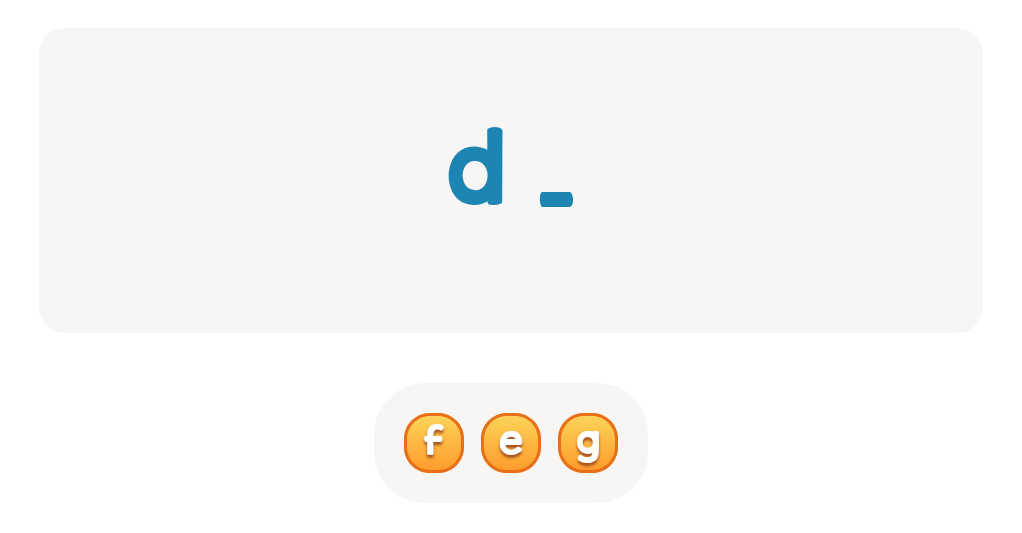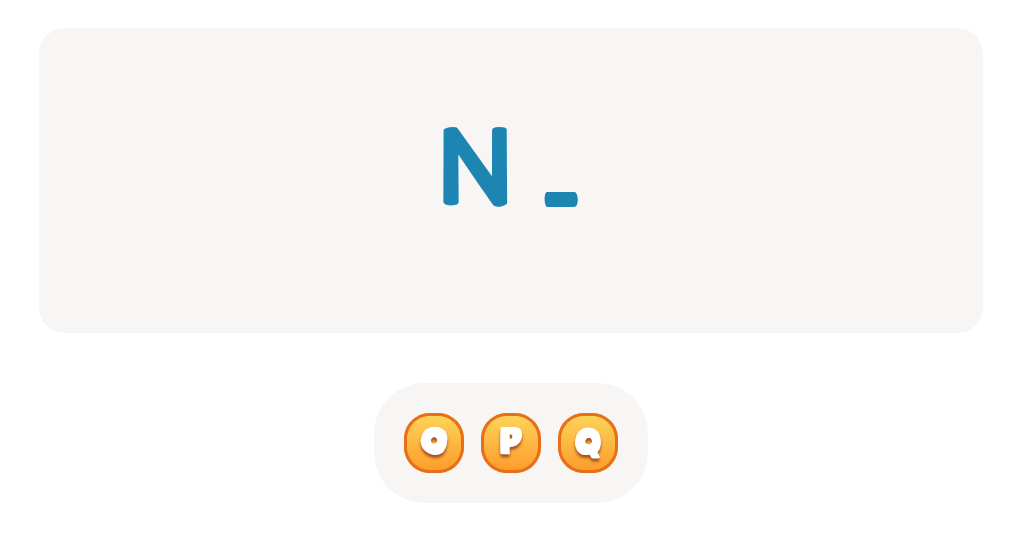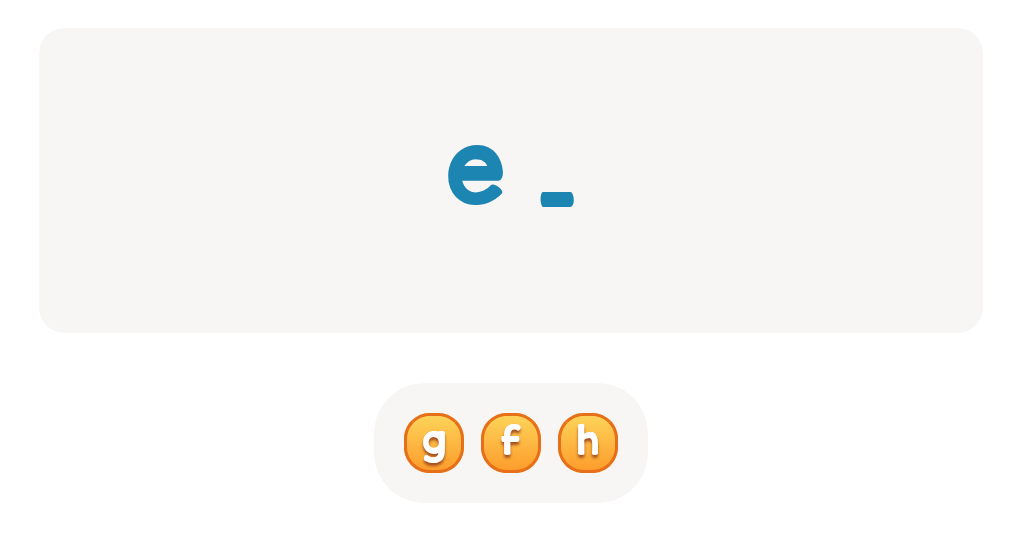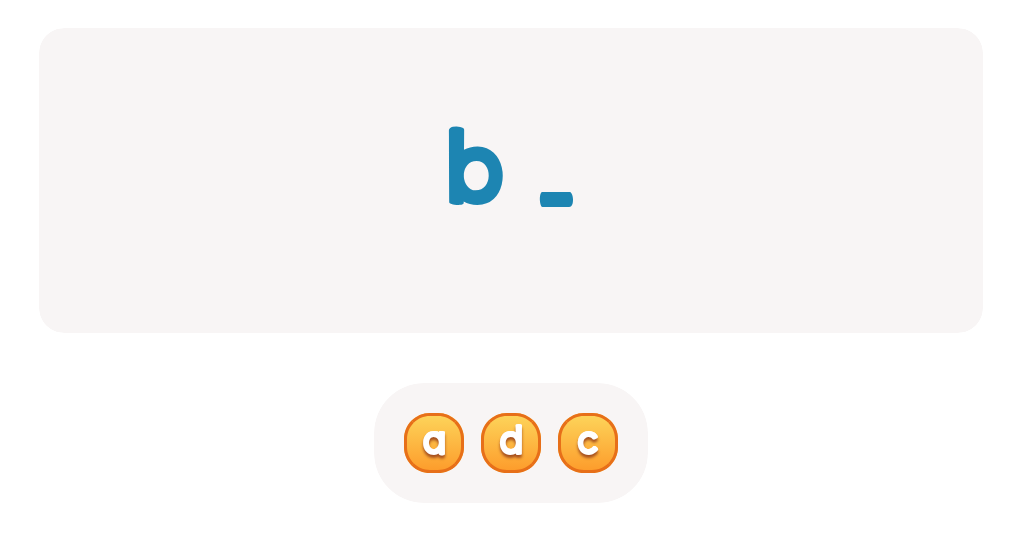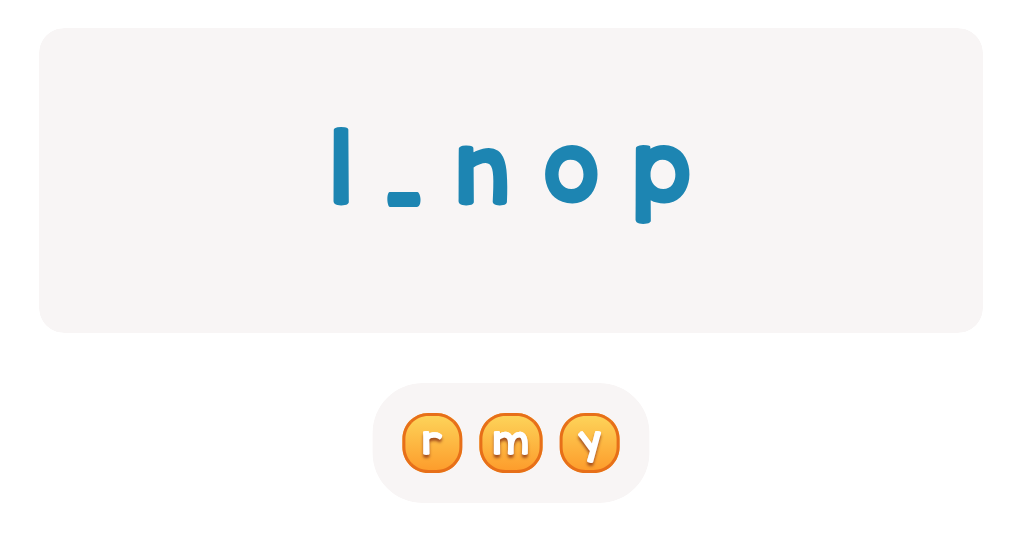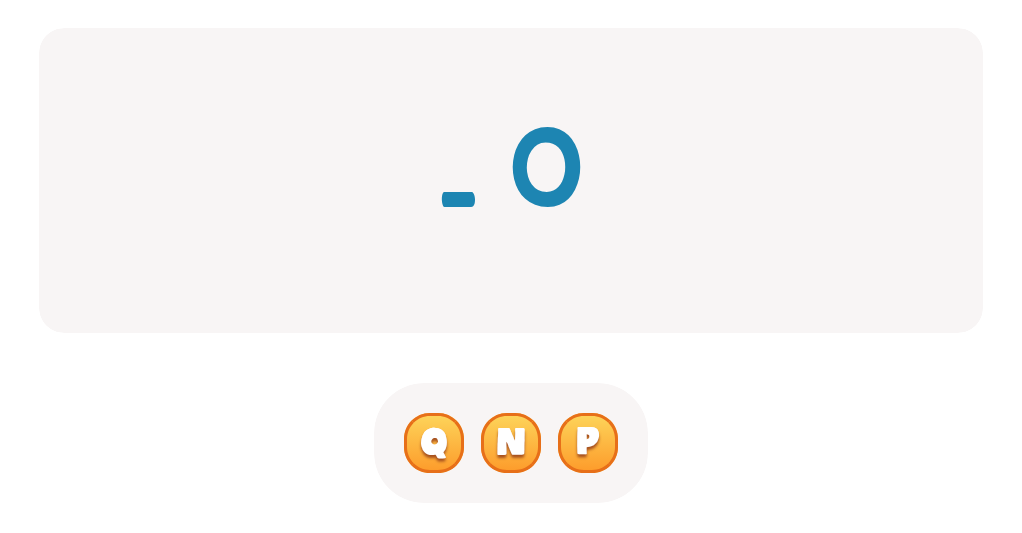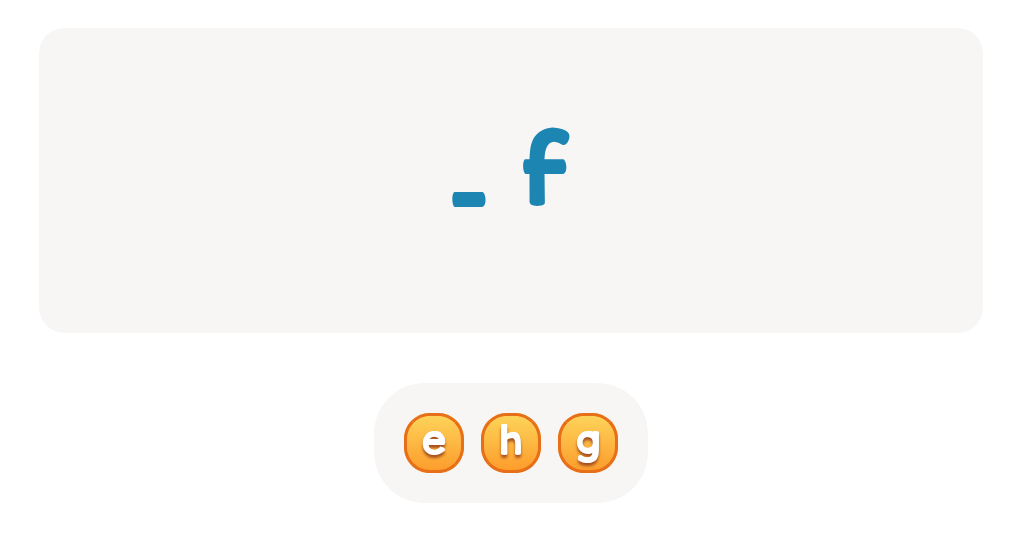Fine motor skills development ABC Letters Worksheets for Ages 3-8
3 filtered results
-
From - To
Enhance your child's fine motor skills with our engaging ABC Letters Worksheets, designed specifically for ages 3-8. These worksheets not only introduce the alphabet but also provide fun activities that develop hand-eye coordination and dexterity. Children will enjoy tracing, coloring, and practicing letter formation, making learning an interactive experience. Our resources promote cognitive growth while preparing young learners for reading and writing. Perfect for home or classroom use, these worksheets cater to various skill levels, ensuring all children can master their letters with confidence. Unlock the joy of learning with our effective and delightful fine motor skills development resources today!
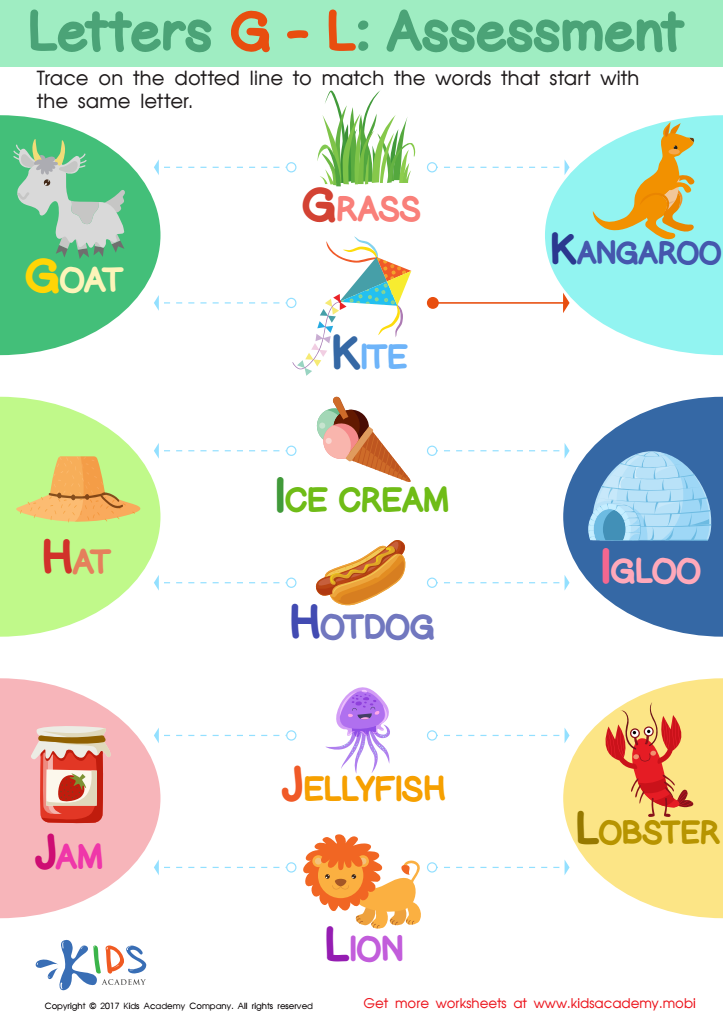

Letters G-L Worksheet
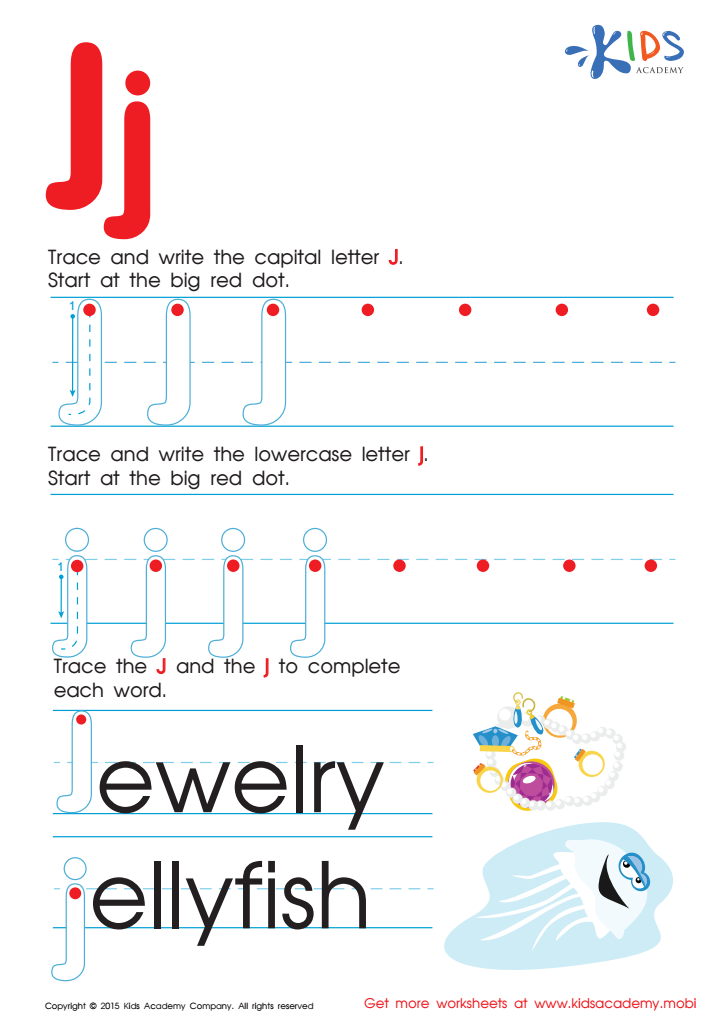

Letter J Tracing Page
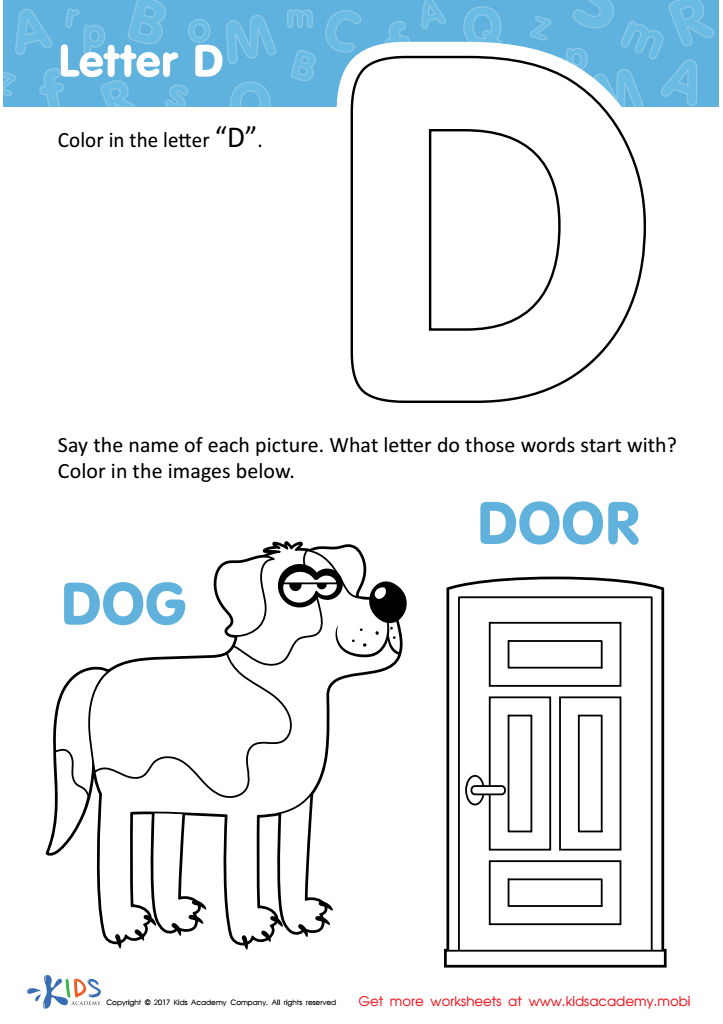

Letter D Coloring Sheet
Fine motor skills are essential for young children's overall development and play a crucial role in their early literacy journey, particularly for learning to recognize and write letters. From ages 3 to 8, children's fine motor skills are refined through various activities that engage their hands and fingers, fostering coordination, dexterity, and control.
When parents and teachers prioritize fine motor skills development, they contribute to enhanced handwriting abilities, enabling children to form letters accurately and legibly. This foundational skill is not only crucial for academic success but also affects children's confidence in their writing abilities. Engaging activities such as tracing, coloring, or manipulating small objects help strengthen the muscles in the hands, improving grip and finger strength.
Furthermore, nurturing fine motor skills can make learning more enjoyable. Children who excel in these skills often find tasks like writing and crafting less frustrating and more rewarding, cultivating a positive attitude toward education. Beyond academics, fine motor skills are pivotal for daily tasks like buttoning clothes, drawing, and using utensils, promoting independence.
In essence, caring for fine motor skills development sets the stage for successful learning experiences, fostering a well-rounded foundation for creativity and problem-solving in young children.
 Assign to My Students
Assign to My Students
